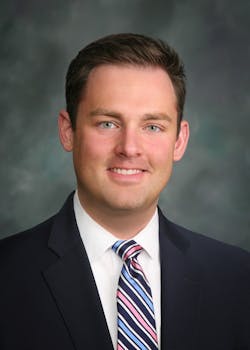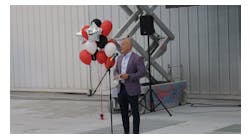The Russian Federal Air Transport Agency (FATA) recently revised its equivalent to 14 CFR part 145. The update allows FAA, EASA, and TCCA-certificated repair stations and approved maintenance organizations to perform maintenance on Russian-registered aircraft without additional certification. Given the current political climate, any praise for the Russian government will likely raise eyebrows but this enlightened change in policy represents a global mindset that all NAAs should embrace.
Since the economic boom of the early 1990s, nations have increasingly exercised their ICAO obligations to directly regulate civil aviation. Indeed, that is exactly what the Chicago Convention intended by requiring signatories to implement international standards for the safe operation and continued airworthiness of aircraft across a vast array of jurisdictions. But in 1944 there were only 52 signatories and a handful of NAAs directly regulating civil aviation; now there are 191 signatories and 160 national aviation authorities (NAAs).
This explosion of regulatory jurisdictions has profoundly impacted the aviation maintenance industry because each state where an aircraft is registered is responsible for ensuring its continued airworthiness. When one state does not find the certification of another “acceptable,” (a concept known as validation) it forces maintenance providers — both large and small — to obtain certification from multiple authorities. The burden of obtaining multiple approvals is compounded by the hassle and expense of duplicative compliance audits by numerous jurisdictions. More importantly, there’s no added safety value.
Duplicative oversight activities have been reduced through bilateral agreements but the purpose of such agreements is rapidly eroding. Bilateral agreements are supposed to recognize the equivalency of regulatory systems; however, the burgeoning use of special conditions threatens to undermine that purpose. Most special conditions, or quasi-special conditions created by guidance, do not improve aviation safety (e.g., MAG Change 6’s parts documentation requirements) and only increase the burden on both regulators and industry.
The success of the aviation industry requires regulators to embrace a global mindset, to contemplate the underlying purpose of bilateral agreements, and revaluate whether global aviation safety and security really needs each nation to create an independent system under its ICAO responsibilities. The Russian government’s revision of FRP 145 (now FRP 285) acknowledged that it could independently certificate approved maintenance organizations (AMOs) but recognized that a majority of maintenance providers are already certificated by the FAA, EASA, and/or TCCA. If those systems work, why make it any more complicated — or expensive — to work on Russian aircraft? Perhaps the Russian’s lesson in pragmatism won’t get lost in political rhetoric.
Ryan M. Poteet is senior associate of Obadal, Filler, MacLeod & Klein, P.L.C. advising clients in international aviation safety regulation and government affairs. He serves as regulatory affairs director for the Aeronautical Repair Station Association.



